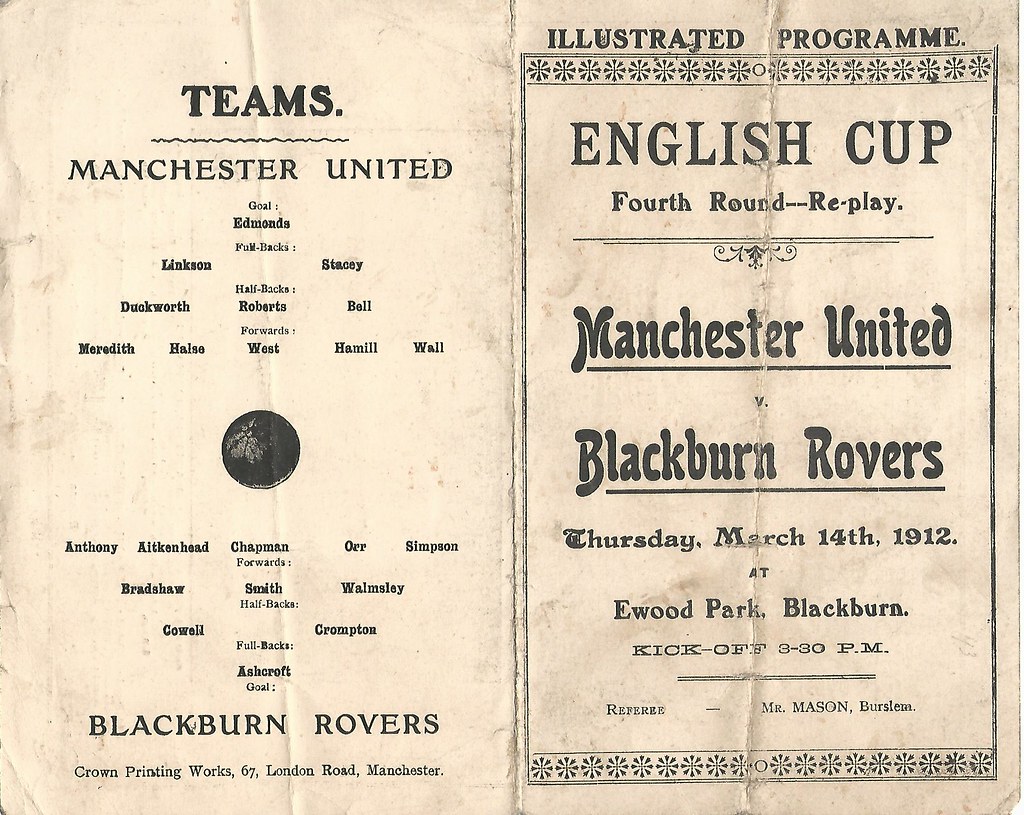Football (Futbal) in South America was introduced by Europeans, who at the end of the 19th Century were colonising the continent and introducing European habits. There were influences from the "public schools", cricket clubs and similar European comforts to establish the "Global game".
In 1914, the English Football Association was asked by its Argentine counterparts to send out an English team to help improve the standard of Argentinian football, which was taking root. So, a non-league side, Exeter City, who were then members of the Southern League, was sent by boat to Argentina. The tour yielded five wins, one draw and two defeats. One loss was in a match that kicked off 12 hours after the players got off the boat.
In the first of the 8 matches, they beat a team of English expats 3-0. The second match was against one of the two major regional teams in Brazil. Brazil was is a huge country and their football was based in two separate regional centres, Rio de Janeiro and Sao Paulo. Their first match was against the Rio select side and Exeter won 5-3. The last match on the tour was played on July 21st 1914, was against a combined Rio and Sao Paulo side and was considered to be the first match played by the Brazilian "national" team, representing the nation's FA, founded just weeks before. In their first official match, Brazil beat Exeter City 2-0 and the fans certainly came out to witness the occasion at Fluminense's 6,000 capacity, Estadio das Laranjeiras ground. An estimated crowd of 10,000 was present to witness the match.
Brazil's XI featured Arthur Friedenreich, who was born in Sao Paulo, to Oscar Friedenreich, son of an immigrant German businessman and Mathilde, a black Brazilian washerwoman and the daughter of freed slaves. Friedenreich was the first professional football player of Afro-Brazilian origin, because at that time football was dominated by Whites, and Blacks were not accepted. He faced many barriers because of racism, and he could not attend the same places where white players were, such as swimming pools, tennis courts and parties. Also Friedenreich found it hard to make connections and friends in the world of Brazilian football due to the color of his skin.
Friedenreich played football from his early childhood. At first in his career was not very good and did not get established until 1925. He played over 400 games for clubs including Paulistano and Sao Paulo, finishing at Flamengo, with over 20 apps for Brazil, scoring 10 goals. He married his girlfriend, Jonas and together they had a son who they named after Friedenreich's father, Oscar. Both outlived Friedenreich but were left with no money.
Friedenreich was often said to be the pioneer of ‘jogo bonito’ or ‘the beautiful game’, a style frequently associated with Brazilian football. The style involved playing very quickly, with short passes as well as quick touches and combinations. It also relied on taking many long shots and attacking with 2-3 pacy strikers to disorient the defence. Despite being a shorter player (5 ft 7 in) he was known for his pace, power, and brilliant technical dribbling.
The Exeter tour yielded five wins, one draw and two defeats. The only other loss was in a match that kicked off 12 hours after the players got off the boat.
So when you think of Brazil winning the World Cup, give a thought to the part Exeter City played in starting it all off! In Europe another kind of "battle" was beginning in 1914.
This July, Exeter City has just played Taunton Town and Tiverton Town FCs in pre-season friendlies- a long boat ride from Rio.

Exeter City F.C. was formed from two predecessor clubs, Exeter United F.C. and St Sidwell's United. Exeter United was a football club from Exeter, Devon, that played between 1890 and 1904. In 1904, Exeter United lost 3–1 to local rivals St Sidwell's United and after the match it was agreed that the two clubs should become one. The new team took the name 'Exeter City' and continued to play at Exeter United's ground, St James Park, where Exeter City still play today. Exeter United was formed from the cricket team of the same name and were one of the first football teams with the moniker 'United'. St Sidwell's United (which had also been known as St Sidwell's Wesleyans and St Sidwell's Old Boys) was a club that had formed from the regulars who frequented the Foresters Inn in Sidwell Street, Exeter, although the pub was always known as the Drum and Monkey. The team played in St Sidwell's old colours of green and white.
On 10 September 1904, Exeter City played its first ever competitive match, a 2–1 victory at St James over 110th Battery of the Royal Artillery, in the East Devon League.
In 1908, Exeter City A.F.C. became a limited company and a full-time professional team, applying successfully for membership of the Southern League, replacing Tottenham Hotspur!!
City changed to its current colours of red and white in 1910. This was after having had a poor start to the season (only two wins out of 11). City abandoned its supposedly unlucky green and white kit, and turned out for the first time in red and white striped shirts at home to West Ham Utd on 12 November. The result of the game was a 0–0 draw, but five consecutive league wins came for the club in December, and the change of colours stuck.
Exeter City were invited by the Football League to become founder members of the Third Division in 1920.




































